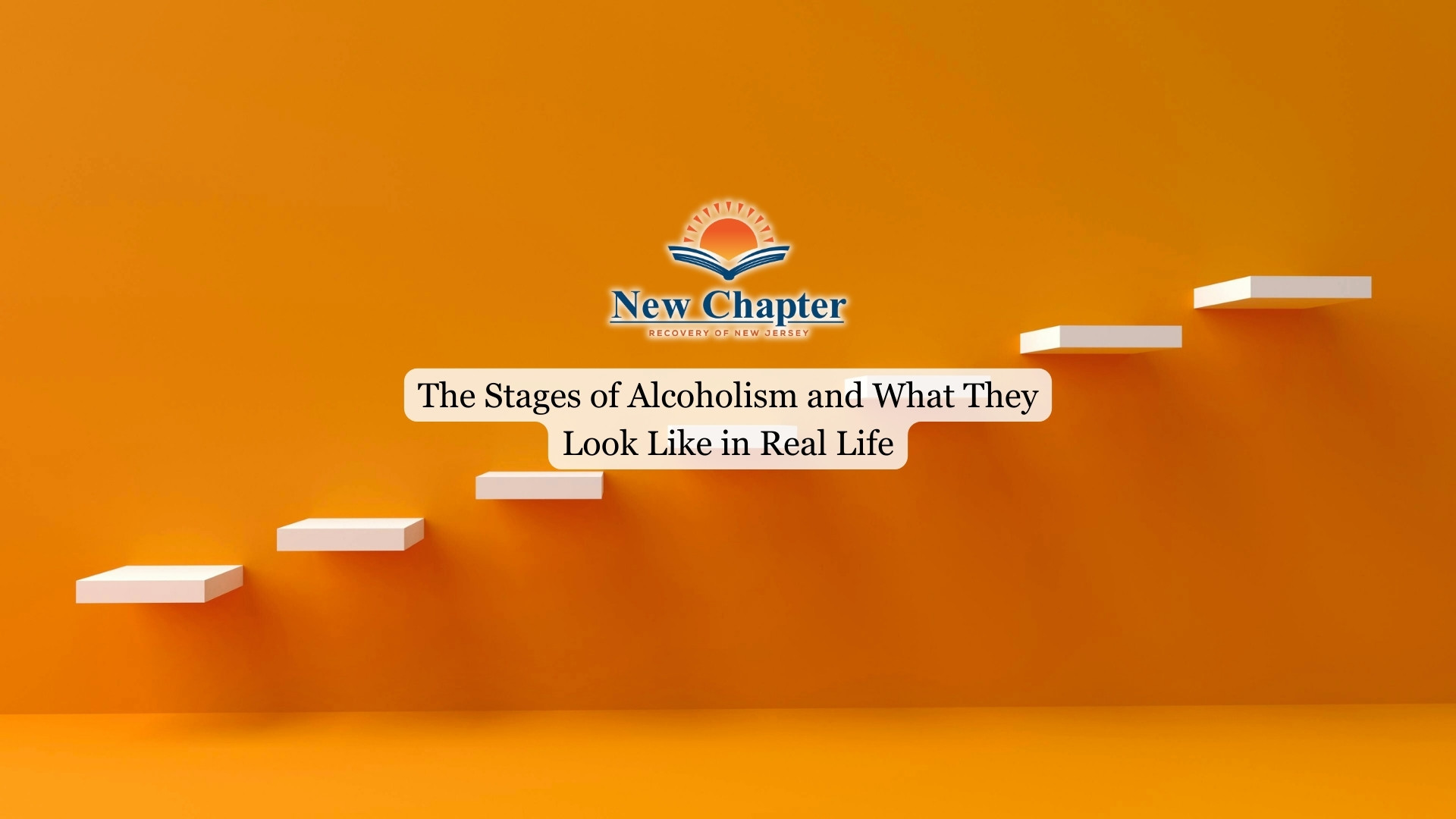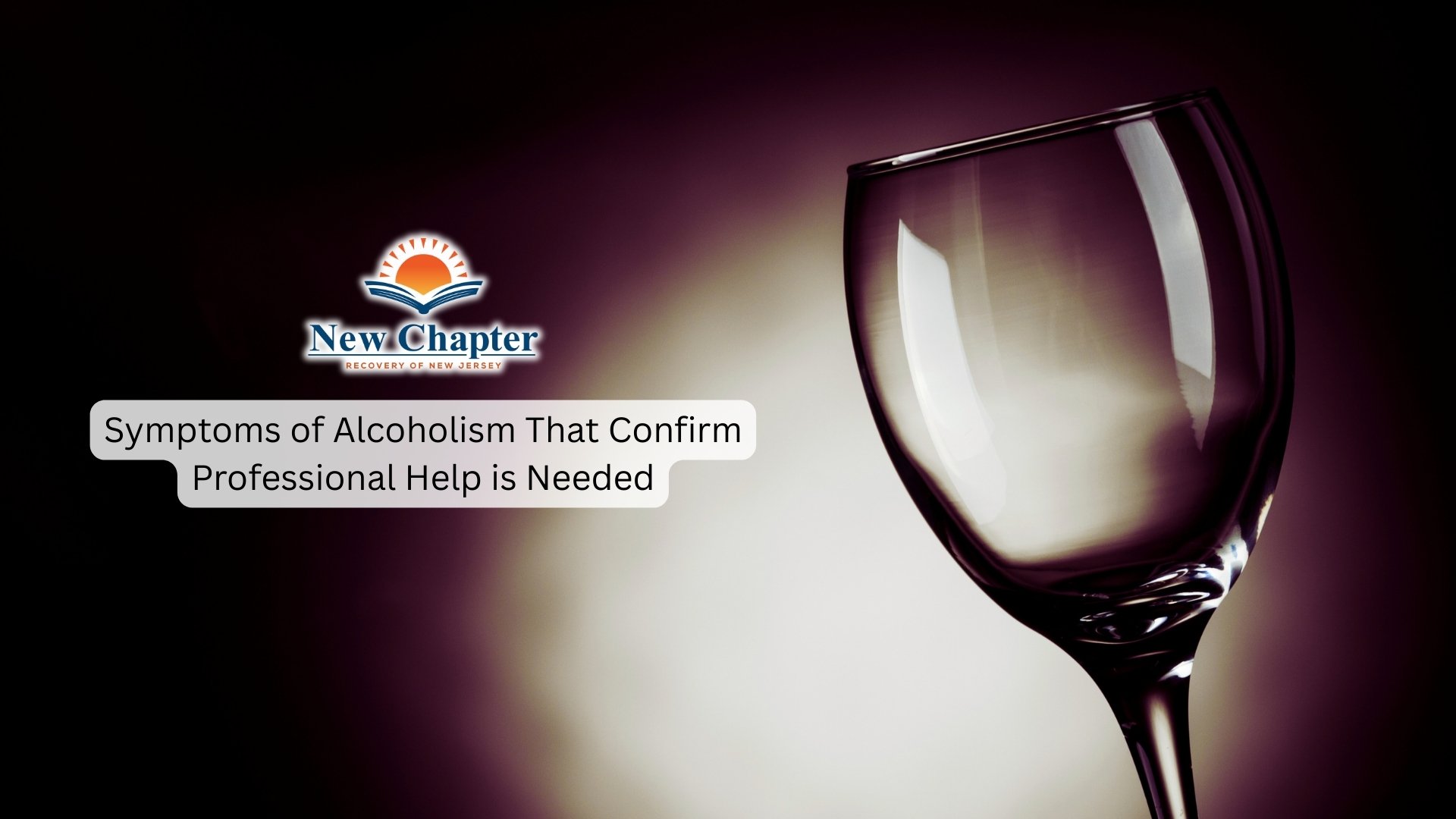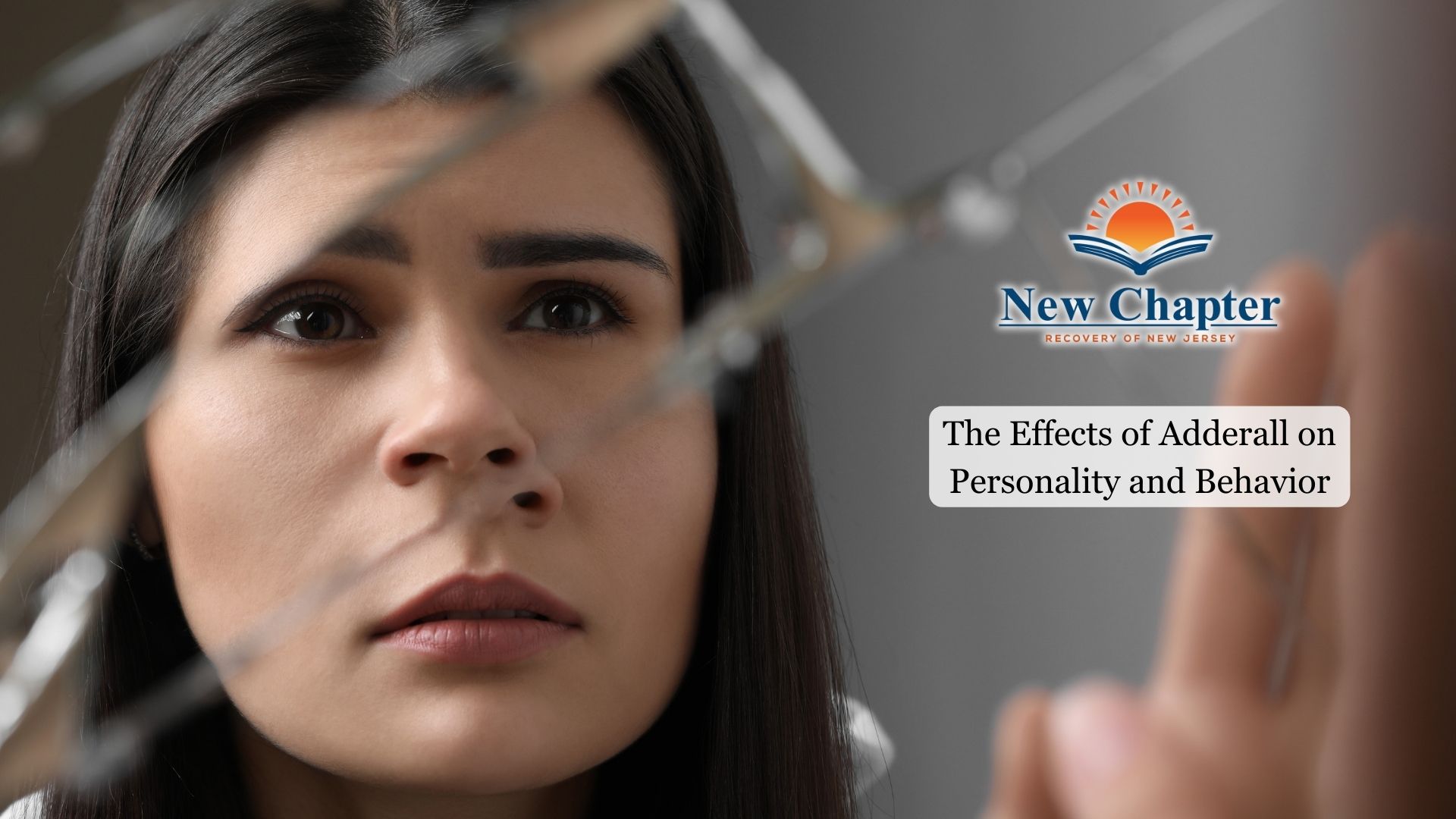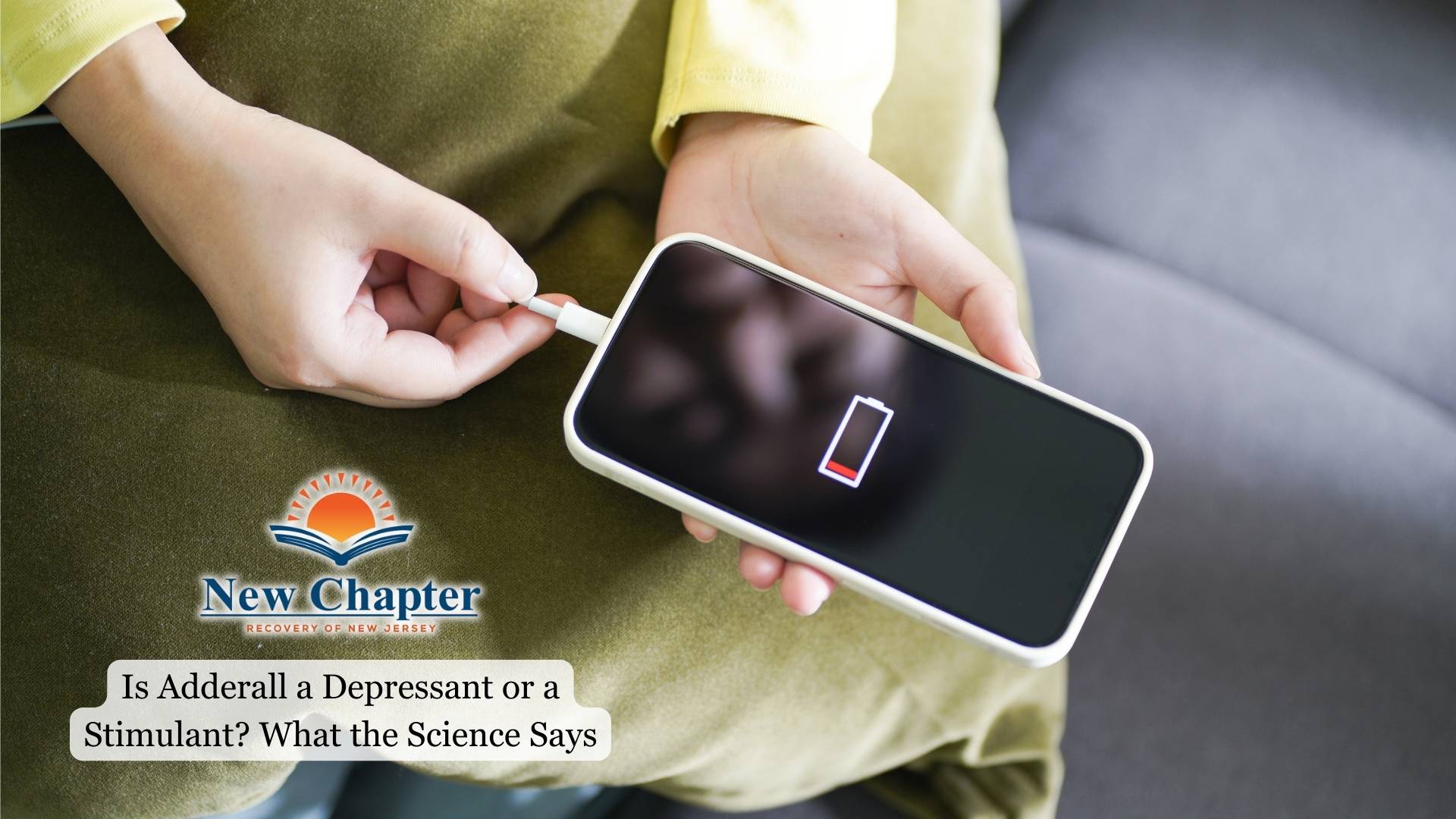While Cognitive Behavioral Therapy (CBT) and Dialectical Behavior Therapy (DBT) share roots in cognitive and behavioral principles, they provide unique strategies for tackling substance use disorders and the underlying psychological challenges that frequently accompany addiction.
This article will explore the distinct aspects of CBT and DBT, examining how each approach addresses the complexities of addiction and assessing their respective strengths in supporting long-term recovery.

CBT and DBT Fundamentals
CBT focuses on identifying and altering negative thought patterns that fuel substance use. It’s a structured therapy that typically lasts a few weeks, aiming to change behaviors by reshaping cognitions. CBT is effective for managing cravings, triggers, and co-occurring mental health disorders like anxiety and depression.
In contrast, DBT integrates mindfulness and acceptance strategies. It’s designed to help individuals with emotional dysregulation, often associated with borderline personality disorder and addiction. DBT encourages accepting thoughts and emotions while working towards change.
It involves a longer commitment, with both individual and group therapy components fostering peer support and skill development.
At New Chapter Recovery we have successfully integrated these therapies into all our comprehensive Addiction Treatment Programs in NJ, which has effectively helped individuals manage the complex interplay of thoughts, emotions, and behaviors related to substance use disorders.
Treatment Focus and Goals
CBT zeroes in on identifying and altering negative thought patterns that fuel addiction, using logic and reason to modify behaviors. In contrast, DBT emphasizes emotional regulation and self-acceptance, equipping you with tools to manage intense emotions that may trigger substance use.
CBT is goal-oriented and structured, providing specific strategies for managing cravings and triggers.
On the other hand, DBT incorporates mindfulness practices to enhance your emotional awareness and interpersonal effectiveness during recovery.
If you struggle with self-harm behaviors or emotional dysregulation associated with addiction, DBT may be the more effective approach.
However, if your addiction is primarily driven by specific mental health issues like anxiety or depression, CBT’s focus on cognitive restructuring could be the key to your recovery journey.
Read more about the impact of goal setting in addiction recovery and how reaching milestones fosters motivation for further improvement.
Differences in Therapeutic Approaches
While CBT targets negative thought patterns that contribute to addiction, DBT integrates emotional regulation and mindfulness to address distressing emotions that can trigger substance use. Understanding this distinction is essential, as emotional instability often plays a significant role in addiction.
In CBT, structured sessions focus on identifying harmful thoughts and behaviors, helping you develop logical reasoning and problem-solving skills to build healthier coping mechanisms.
Conversely, DBT emphasizes a balance between acceptance and change, encouraging you to acknowledge your emotions while actively working toward behavioral adjustments. This method is especially effective for individuals with co-occurring disorders or difficulty managing intense emotions, which can complicate addiction recovery.
Check out the benefits of practicing mindfulness during addiction recovery and start integrating them in your daily routine.

Target populations
CBT’s structured approach and skill-building focus make it suitable for individuals with substance use disorders who also struggle with co-occurring disorders like anxiety, depression, PTSD, and OCD.
DBT’s emphasis on emotional regulation and acceptance proves particularly beneficial for those with borderline personality disorder and intense emotional challenges alongside their addiction. In some cases, trauma-focused DBT may be especially effective for individuals whose substance use is linked to past traumatic experiences.
If you’re someone who exhibits self-harm behaviors or struggles with emotional dysregulation, DBT may be the more effective choice for your addiction treatment.
Both therapies can be tailored to diverse populations, but it’s essential to recognize that DBT’s approach is more favorable for individuals with emotional instability and impulsive behaviors.
Effectiveness for Specific Disorders
CBT appears to be most effective for treating cannabis use, followed by cocaine, opioids, and polysubstance use. The benefits of CBT tend to be long-lasting, with one study finding that 60% of cocaine users who received CBT still provided clean toxicology screens at a 52-week follow-up. CBT is most effective when compared to minimal treatment or treatment-as-usual conditions. However, its effectiveness compared to other active treatments is less consistently demonstrated.
DBT is effective in reducing substance use at rates that are similar to or slightly better than other standardized addiction treatments. Research found that 87.5% of individuals with substance dependence who received standard DBT achieved complete remission for at least four weeks. In comparison, only 33.3% of those receiving expert treatment as usual achieved the same outcome. DBT appears to be effective for treating primary substance use disorders, even without the presence of borderline personality disorder. It has also been shown to be effective for diverse populations, including Native Americans and adolescents.
Final Thoughts from New Chapter Recovery
Personalized treatment that addresses the unique needs of the individual is crucial for successful recovery from addiction. At New Chapter Recovery, we focus on integrating the most effective modern addiction treatment methods to promote lasting healing. Whether you find the structured cognitive approach of Cognitive Behavioral Therapy (CBT) or the mindfulness and acceptance strategies of Dialectical Behavior Therapy (DBT) more beneficial, our programs are tailored to support your path to recovery.
Frequently Asked Questions
Can CBT and DBT be used together in addiction treatment?
Yes, CBT and DBT can be combined in addiction treatment, as they address different aspects of recovery. CBT helps reframe negative thought patterns, while DBT focuses on emotional regulation and mindfulness. Using both can provide a comprehensive approach, particularly for individuals with co-occurring mental health challenges.
Does insurance typically cover CBT and DBT for addiction treatment?
Many insurance plans cover CBT and DBT as part of mental health and addiction treatment, especially under the Affordable Care Act. However, coverage depends on the provider, diagnosis, and treatment setting. It’s best to verify with your insurance company or treatment center to understand your specific benefits.
Can I practice CBT or DBT techniques on my own, or do I need a therapist?
While self-help resources like workbooks and apps can introduce CBT and DBT techniques, working with a therapist ensures proper guidance and personalized application. Therapists help tailor strategies to individual needs and provide support for complex emotions. However, practicing skills like mindfulness, distress tolerance, and thought restructuring independently can enhance recovery.
How long does it typically take to see results from CBT or DBT?
The timeframe for results varies, but many individuals notice improvements within a few weeks to a few months. CBT is typically a short-term therapy lasting around 12-16 sessions, while DBT often requires a longer commitment, especially for those with emotional regulation difficulties. Consistency in therapy and applying learned skills in daily life significantly impact progress.






